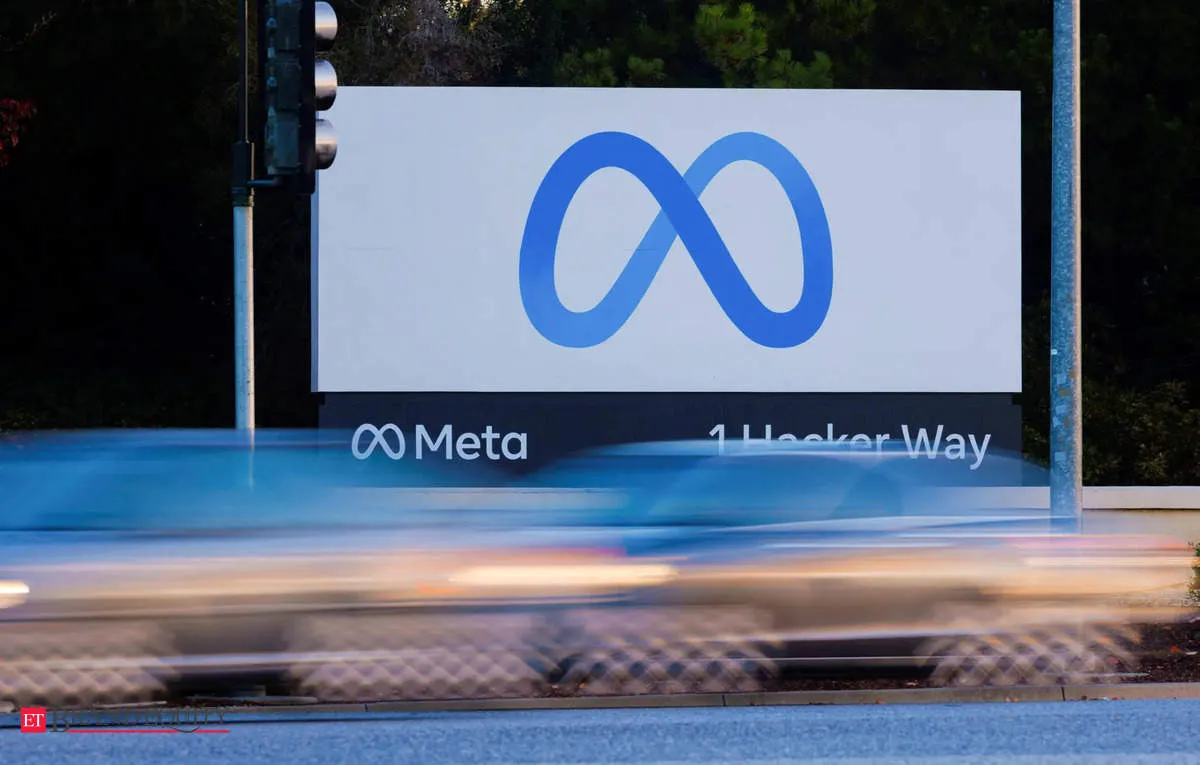Meta Platforms' Mixed Reality Headset Cancellation: A Setback in Tech

Meta Platforms Cancels Mixed Reality Headset
Meta Platforms, the parent company of Facebook, has decided to halt the development of its premium mixed reality headset, which was set to be its answer to Apple's Vision Pro. This announcement follows a product review meeting during which the Reality Labs division was instructed to cease work on the headset, previously referred to as La Jolla.
Details on the Cancelled Device
Originally slated for a 2027 release, the mixed-reality headset was expected to utilize state-of-the-art micro OLED technology, mirroring the specifications of Apple’s Vision Pro. Despite the heightened interest in the mixed reality sector fueled by Apple's entrance, the Vision Pro has not performed well in sales due to its elevated price tag of $3,500.
Implications for Meta
Meta's Reality Labs division, known for producing the Quest line of headsets, has incurred billions in losses. The current lineup includes Quest 2, priced at $200, and Quest 3 at $500, while the Quest Pro's production was halted in 2023 due to poor sales and unfavorable reviews.
- Financial Setbacks: Reality Labs incurs billions in losses.
- Product Performance: Vision Pro struggles despite high-end technology.
- Market Dynamics: Mixed reality market evolves with competing brands.
Despite these challenges, CEO Mark Zuckerberg remains optimistic regarding the future of augmented and virtual reality technologies.
This article was prepared using information from open sources in accordance with the principles of Ethical Policy. The editorial team is not responsible for absolute accuracy, as it relies on data from the sources referenced.